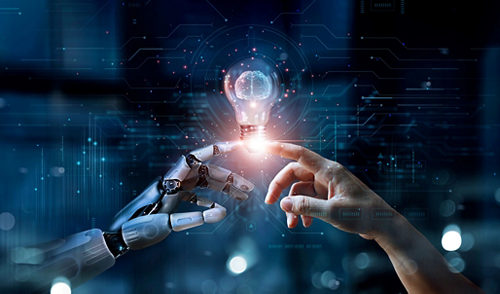AI has become revolutionary in many industries, such as improving healthcare quality and efficiency in the financial industry, but it comes with a price; this quick advancement is terrible for the environment.
According to an article in Nature Journal, energy consumption is rising with advances in artificial intelligence, which is concerning. This article seeks to discuss and make a fine line between the opportunities to implement artificial intelligence and its energy consumption and some opportunities to solve the described problem.
Read also: Google Gemini AI reintroduces AI-generated images of people after backlash
Energy consumption of AI systems
AI models profound learning algorithms require vast computational power. Training these models often involves processing massive datasets across numerous servers, consuming large amounts of electricity. Data centres housing these servers are notorious for their high energy usage, contributing to increased carbon emissions. As AI grows in complexity and scale, its energy demands are expected to rise, exacerbating its environmental footprint.
The environmental impact of AI is multifaceted. The carbon footprint associated with data centres is a significant concern, mainly when these facilities rely on non-renewable energy sources.
Additionally, the production and disposal of hardware used in AI systems contribute to electronic waste, further harming the environment. As AI becomes more integrated into daily life, its cumulative environmental effects could become a significant challenge.
Read also: Jennifer Hale’s fight for voices: AI’s future in video games
Balancing AI growth with environmental responsibility
Measures are still being implemented to reduce AI’s effects on the environment. Businesses are opting to adopt clean energy sources to supply electricity to data centres to cut on their emission of carbon.
Also, the researchers are working towards new algorithms and circuitries that will use less energy in processing than the current AI systems. These initiatives are essential to guarantee that the impact brought by AI does not negatively affect the world’s future.
AI can significantly change the industry regarding development, but its effects on mother nature must be discussed. Thus, the tech sector can effectively employ AI’s potential by introducing environmentally friendly strategies.
The advancement in AI technology also means that our strategies towards advancing the technology should change to a better approach in TI regarding the advancement of AI technology.















